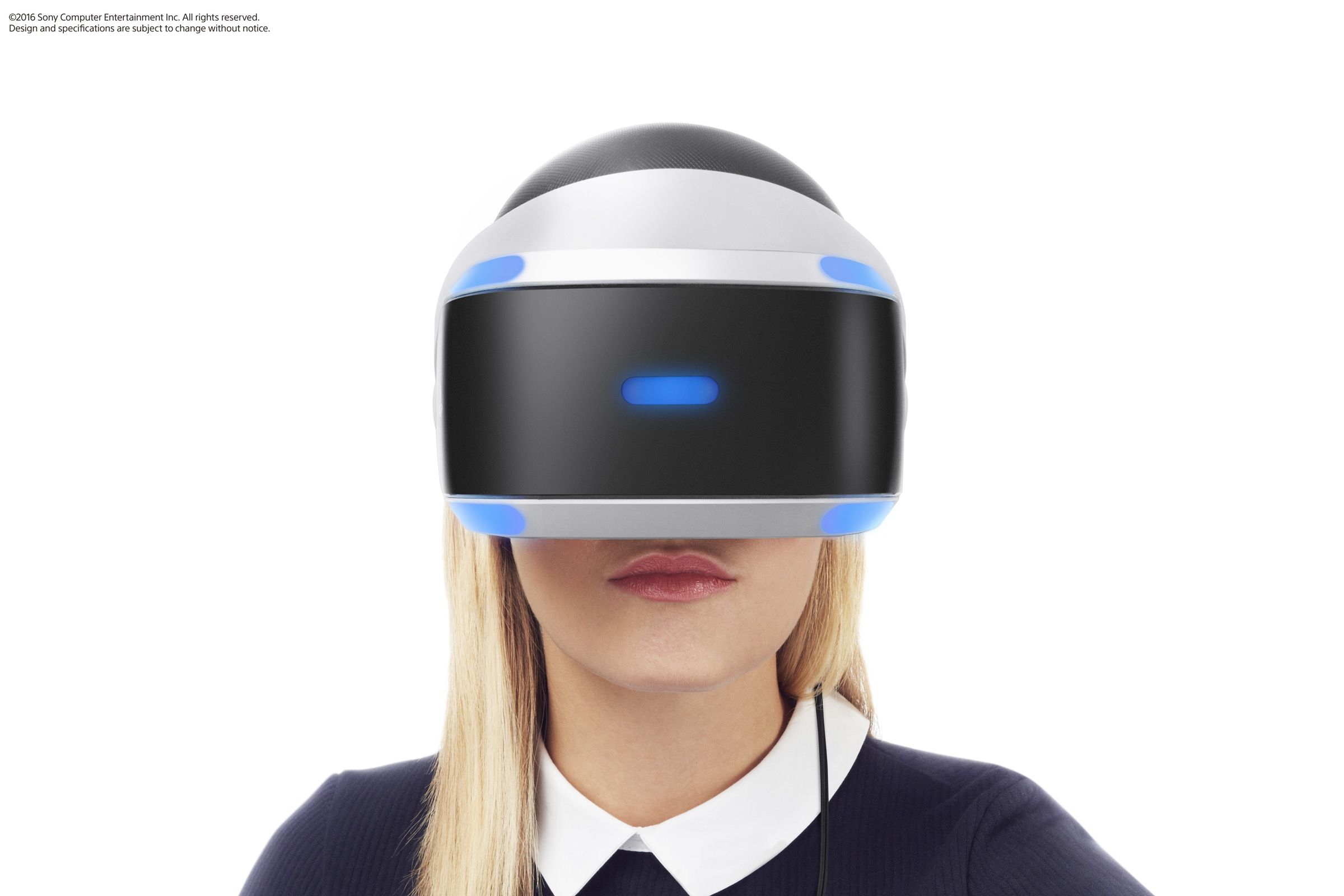During Sony's Investor Day currently being held in Tokyo, Sony Interactive Entertainment President Andrew House talked extensively about PlayStation VR.
House mentioned controllers, and he explained that he sees three major ways to interact with games in VR: First of all, the vast majority of games will be perfectly playable and enjoyable with a traditional DualShockers 4 controller. House feels that this factor is very important.
There will be another set of games in which Move is required or enhances the experience. It's interesting for Sony that a controller that they released five or six years ago has found a new life as a really good interface within the VR space.
The third opportunity is variations (like the PlayStation VR Aim Controller presented at E3, which is a modification of the Move) and special controllers designed for particular genres or for a particular game. How that is how to work out depends on how Farpoint fares and how the creative community responds to that.
House then mentioned that he has been very vocal about the fact that this generation of virtual reality lends itself more to short-form content than to very long experiences. He doesn't see that as a negative, and he tends to liken the VR experience to something more like a theme park ride, as it may be short, but it's very intense and enjoyable.
The key, according to House, is to manage to have the right kind of content experiences in terms of length and intensity, but fundamentally they need to be enjoyable.
The big positive that he sees for VR, is that while conventional blockbuster games tend to be very high in terms of production values and rather complex in terms of mechanics, VR can offer very simple mechanics but still be very enjoyable and give the user something that they have never done before. That's where House feels that the true potential for VR is.
Earlier during his presentation, House mentioned that there are two prongs to the strategy to bring PlayStation VR to success, in some sense similar to what has been done with PS4. Firstly, Sony needs to make the headset successful as a gaming platform.
House thinks that there are several key benefits that PlayStation VR has over the competition. It can count on PS4's unified architecture providing a very stable quality of experience that developers can rely on. Also, thanks to Sony's manufacturing expertise, the price is very affordable.
The goal now is to move to a high level of marketing, but a different kind of marketing compared to PS4, as this is a product that has to be experienced to be understood. The marketing effort will focus on maximizing the number of playable opportunities that Sony can deliver to consumers.
On top of that, Sony believes that VR has potential beyond games. While this is a longer-term strategy, but opportunities are available in areas like education and live sports in VR. Yet, Sony intends to build this kind of market "carefully and cautiously," aiming to maximize the right business-to-business model.

